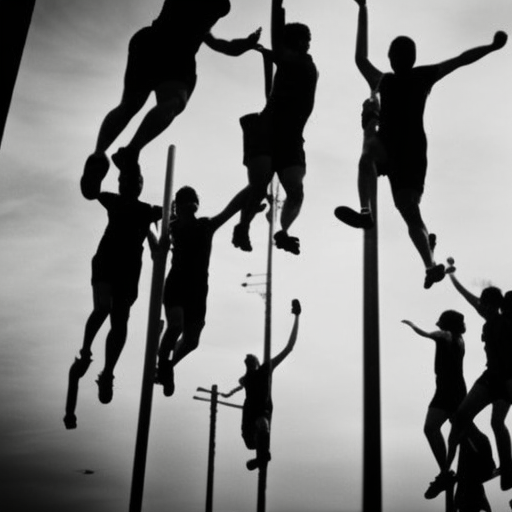Olympic Games Rio 2016: A Spectacular Showcase of Sport and Culture
The Olympic Games Rio 2016, held in Rio de Janeiro, Brazil, from August 5th to August 21st, 2016, were a remarkable display of athletic prowess, cultural diversity, and international camaraderie. With over 11,000 athletes from 206 National Olympic Committees participating in 28 sports, the Games captivated the world’s attention and left a lasting legacy.
Preparations and Infrastructure
Brazil faced numerous challenges in preparing for the Games, including concerns over infrastructure, security, and the Zika virus outbreak. However, despite these obstacles, Rio de Janeiro successfully hosted the event, showcasing its vibrant culture and natural beauty to a global audience.
The city underwent significant transformations to accommodate the Games, with the construction of new venues and the revitalization of existing ones. The iconic Maracanã Stadium, which hosted the opening and closing ceremonies, underwent renovations, while the Olympic Park in Barra da Tijuca became the heart of the Games, housing multiple sporting facilities.
Highlights and Memorable Moments
The Olympic Games Rio 2016 were filled with memorable moments and outstanding performances. Usain Bolt of Jamaica solidified his status as the greatest sprinter of all time, winning three gold medals in the 100m, 200m, and 4x100m relay. American swimmer Michael Phelps further cemented his legacy as the most decorated Olympian, adding five gold medals and one silver to his already impressive collection.
Simone Biles, the American gymnast, captivated audiences with her gravity-defying routines, winning four gold medals and one bronze. The Refugee Olympic Team made its debut, symbolizing hope and resilience for displaced athletes worldwide.
The Games also witnessed historic achievements in various sports. The Brazilian men’s football team won their first-ever Olympic gold medal, defeating Germany in a thrilling penalty shootout. In women’s rugby sevens, Australia emerged victorious, claiming the inaugural gold medal in the sport’s Olympic debut.
Social and Environmental Impact
The Olympic Games Rio 2016 left a lasting impact on the social and environmental fronts. The Games aimed to promote sustainability, with initiatives such as the use of renewable energy sources, waste management programs, and the restoration of polluted areas. The Athletes’ Forest, a project that involved planting a tree for each participating athlete, contributed to the city’s reforestation efforts.
The Games also provided an opportunity to address social issues. The inclusion of the first-ever Refugee Olympic Team shed light on the global refugee crisis, emphasizing the importance of solidarity and support for those affected by conflict and displacement.
Legacy and Challenges
The legacy of the Olympic Games Rio 2016 extended beyond the sporting arena. The event helped to boost tourism, stimulate economic growth, and improve infrastructure in Rio de Janeiro. The revitalization of neglected areas, such as the Porto Maravilha district, transformed the cityscape and improved the quality of life for its residents.
However, challenges remained after the Games concluded. The financial burden of hosting the Olympics, coupled with Brazil’s economic recession, posed significant challenges for the country. Some venues fell into disrepair, and the promised long-term benefits were not fully realized.
Conclusion
The Olympic Games Rio 2016 showcased the best of Brazil’s culture, athleticism, and resilience. Despite the initial concerns and obstacles, Rio de Janeiro successfully hosted a memorable event that united nations, celebrated diversity, and left a lasting legacy. The Games served as a reminder of the power of sport to transcend boundaries and inspire individuals around the world.












